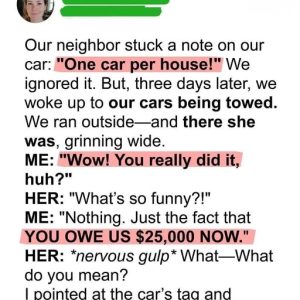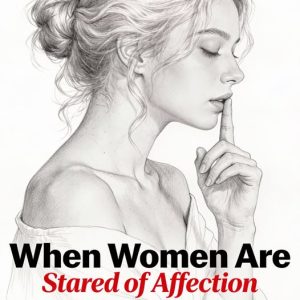On June 11, President Donald Trump and First Lady Melania Trump attended Les Misérables at the John F. Kennedy Center for the Performing Arts, marking Trump’s first visit since reshaping the venue’s leadership and programming. The reception in the theater was polarized, with applause, chants, and boos greeting the couple in the presidential box. During intermission, the hall erupted with both supportive and hostile shouts, to which Trump responded with his signature three-pump fist. Reports noted that some cast members opted out of the performance, while drag performers occupied donated seats, underscoring ongoing cultural tensions and Trump’s prior pledge to remove what he deemed “anti-American” programming from the Center.
The timing and optics of the evening drew attention beyond the performance itself. Les Misérables, a story about the oppressed rising against state power, coincided with federal interventions to quell protests in Los Angeles, prompting commentary on the irony of Trump attending a musical centered on resistance amid real-world political clashes. Critics saw the event as a culture-war spectacle, while supporters framed it as a reclamation of a marquee cultural space. The evening also doubled as a fundraising showcase, with Trump claiming that the Center raised over $10 million, a point that critics and officials debated in the context of subscription and programmatic changes under the administration’s conservative overhaul.
Outside the theater, the couple’s body language drew social media attention, particularly a viral image of Trump holding only Melania’s thumb, adding to the ongoing fascination with their gestures. The event became a symbolic flashpoint: supporters celebrated Trump’s engagement with the arts and his fundraising success, while critics highlighted the tension between a musical about uprising and contemporary federal actions. Ultimately, the night at the Kennedy Center acted as a cultural Rorschach test, provoking strong reactions that extended far beyond the stage and spotlighting the intersection of politics, policy, and performance in modern public life.





